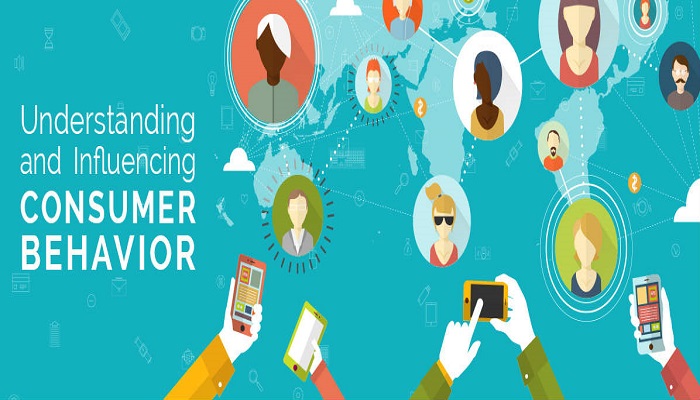It is fairly correct to say that nobody is fundamentally rational in making purchase decisions when it comes to shopping habits. Techniques like emotional messaging, time-bound promotions and flash sales have all been used effectively by retailers successfully for a long time now. This is because of the impulsive decision-making habits of consumers.
The question now is whether it is possible for the irrational shopping habit of people to coexist with the growing trend of rational and data-driven marketing efforts of sellers. Research carried out by ClickTale shows that approximately 76 percent of the proponents of big data agree to the fact that consumers are not rational when they shop.
In the light of this research finding, it is difficult for marketers to strategize their sales only on the basis of the data collected by them. They cannot blindly believe that shoppers will repeat their buying behaviours. Now, how can the marketers be sure that they have rationally profiled and quantified consumers when it is known that consumers generally display irrational behavior when making buying decisions?
The days when consumers were considered as data and tabulated in a spreadsheet and sorted under different categories are long gone. The personalities of consumers have become fluid and it is important to treat them accordingly. Brands must, therefore, have a clear understanding of the nuances they can employ to build customer relationships and improve the bottom line of their businesses.
The root cause of consumer behaviour is emotions and this has been there since time immemorial. The buying behaviour of consumers is greatly influenced by their moods and impulsiveness. As a result of this, it will be difficult for brands to predict future sales. A consumer’s behaviour can change drastically on a daily basis. His/ her good or bad disposition can have a direct impact on their interactions with each of the brands. This is to say that the positive experience that a customer had one day is likely to be perceived as negative the following day because of the consumer’s mood change.
Consumers have said repeatedly as part of several studies and interviews that they do not understand as to what factors influence their buying decisions. They have said that they feel as though they are behaving rationally when buying things. However, this is nothing but a cognitive deception. Consumers think they are in charge and are thinking independently. However, in reality, it is the awareness that stems from aggressive marketing efforts, urges, and emotions that are impacting their buying decisions.
As such, brands should change the way they interpret customer experiences. For example, customers tend to be impulsive when shopping online in the evenings. This could be due to wearing down of control power of consumers after a tough day at work. Brands should study the purchasing patterns of their customers, both daytime and evening, to reach beyond the conventional metrics and look at psychological aspects related to consumer decisions.
Such an approach does provide valuable information for brands but it should neither be intrusive nor used for developing aggressive sales techniques. Actually, it should be used only for improving customer experiences and treating shoppers as individuals and not numbers on spreadsheets. Brands can make use of new technologies for analysing experiences and understanding the digital body language of customers.
Gathering information about mouse clicks, hovers, scrolls, and “rage clicks” provide you with experience analytics. Rage clicks occur when the customer is frustrated with some things that are there on the page. As time passes, the tools may be used for treating in a better manner, encouraging the customers to remain loyal, and improving traditional personalization.
This is actually more evident in online environments. Consumers are bombarded with information. In a matter of just a few seconds, online shoppers tend to decide as to whether the page they have come to is worth spending their time or not, especially if they are tired, busy, and looking to satisfy their needs as quickly as they possibly can. Actually, experience analytics enables marketers to understand the behaviours of their customers in a better manner. They also make them think beyond big data and move towards understanding emotions more intelligently.

